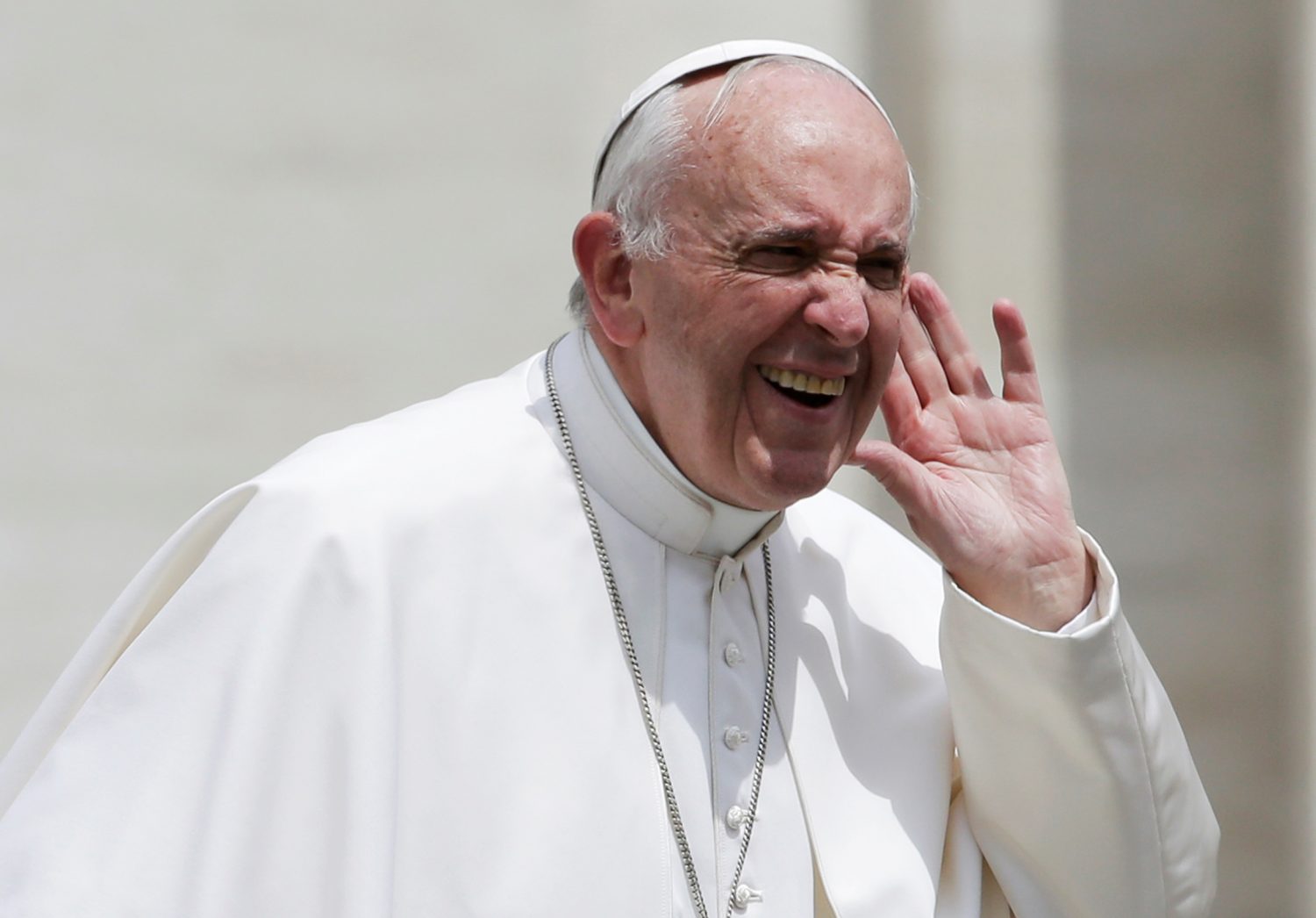BARI, Italy, (Reuters) – Pope Francis led a summit of Christian leaders on how to promote peace in the Middle East on Saturday and said building walls, occupying territories and religious fanaticism would not resolve conflict in the region.
Francis also repeated his view that the “status quo” of the contested city of Jerusalem should be respected, and backed a two-state solution to the Israeli-Palestinian dispute.
Francis convened the summit in the southern Italian city of Bari that for centuries has been a gateway to the Middle East and home to the relics of St. Nicholas, a figure venerated in both the Western and Eastern branches of Christianity.
“Truces maintained by walls and displays of power will not lead to peace, but only the concrete desire to listen and to engage in dialogue will,” he said in his second speech of the day, after a private meeting among the religious leaders.
“Let there be an end to the few profiting from the sufferings of many. No more occupying territories and thus tearing people apart,” he said.
Israel says its fence-and-concrete barrier on the West Bank was built as a bulwark against Palestinian attacks while Palestinians say it is a land grab that may deny them a state.
Francis said every community in the Middle East should be protected, “not simply the majority”.
He also condemned religious extremism, saying many conflicts in the region had been stoked by “forms of fundamentalism and fanaticism that, under the guise of religion, have profaned God’s name, which is peace, and persecuted age-old neighbours”.
Francis spoke twice about Jerusalem, the holy city whose status is at the heart of a bitter conflict. Israel says it is the country’s united and eternal capital while Palestinians want East Jerusalem as the capital of any future state.
He denounced the “terrible suffering,” particularly of children, in Syria, where the seven-year-old war has killed hundreds of thousands of people and uprooted about 11 million others, including 6 million living abroad as refugees.
Francis condemned the “murderous indifference” and “complicity silence of many” fanning violence, specifically mentioning the arms industry. “You cannot speak of peace while you are secretly racing to stockpile new arms,” he said.










